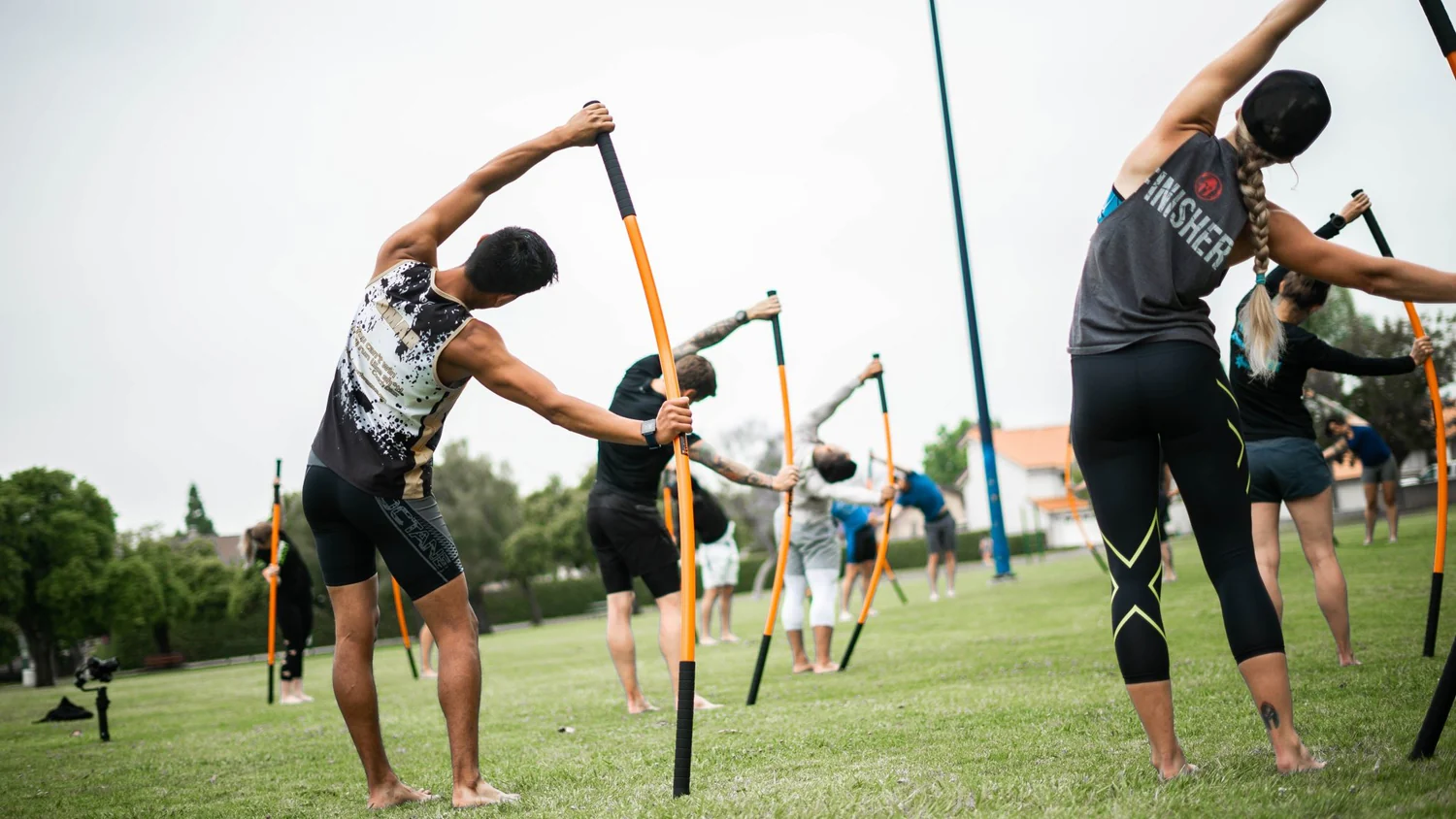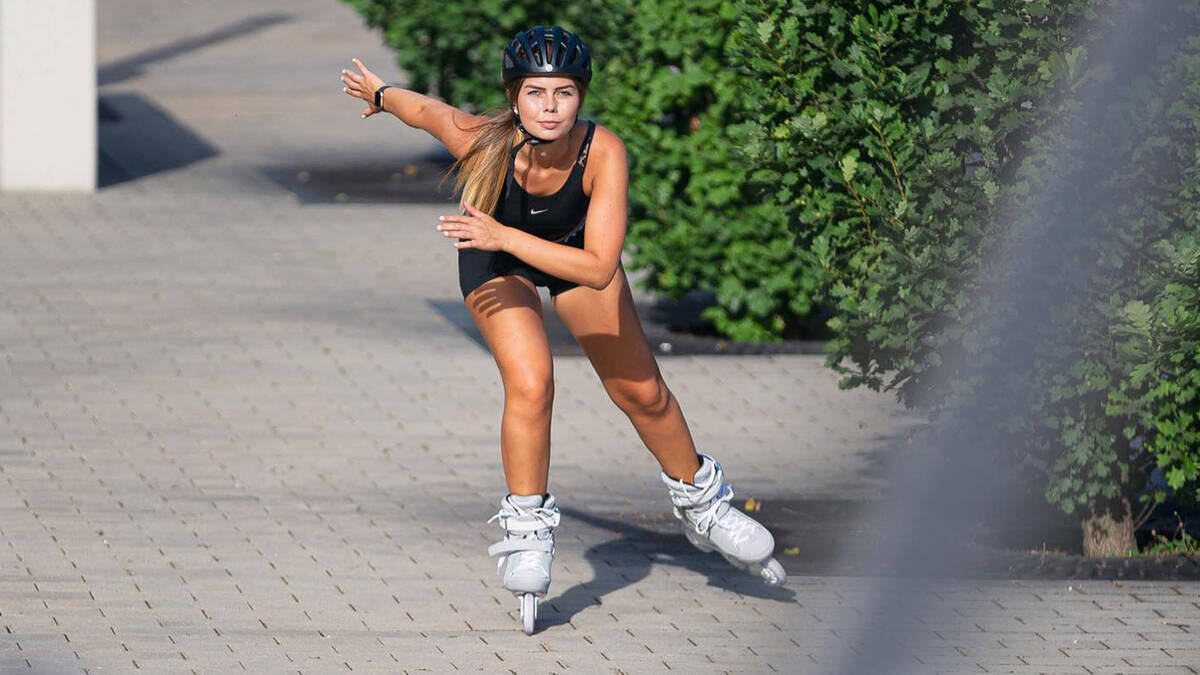The Benefits of Recreational Sports: Staying Active While Having Fun

In an age where screens dominate our attention and busy schedules leave little room for leisure, recreational sports have emerged as one of the best ways to stay active, meet new people, and improve overall well-being. Unlike competitive or professional sports, recreational activities focus less on winning and more on enjoyment, fitness, and social connection. From community soccer leagues to weekend hiking groups, recreational sports are a powerful way to bring balance to our fast-paced lives.
But what exactly makes recreational sports so beneficial, and how can you incorporate them into your routine? Let’s break down the advantages, popular activities, and tips for getting started.
Why Recreational Sports Matter
Many adults and teens associate exercise with strict gym routines or intense training, which can feel like a chore over time. Recreational sports, on the other hand, provide a different kind of motivation—fun. By combining movement with social interaction and adventure, they make staying active something to look forward to rather than a task to complete.
Some key reasons people are gravitating toward recreational sports include:
-
Physical health benefits like improved cardiovascular health, flexibility, and strength.
-
Mental health improvements, such as reduced stress and anxiety.
-
A social outlet, where friendships and community connections naturally form.
-
Sustainable fitness habits, as enjoyable activities are easier to stick with long-term.
Physical Benefits of Recreational Sports
Engaging in regular physical activity is crucial for maintaining a healthy body, and recreational sports provide a well-rounded way to get moving. Many activities involve cardio, strength, and flexibility all at once, creating a balanced workout without the monotony of repetitive exercises.

For example:
-
Soccer and basketball improve endurance and agility while strengthening leg and core muscles.
-
Swimming is a low-impact, full-body workout ideal for people of all ages.
-
Hiking or cycling builds cardiovascular endurance while working the lower body.
-
Tennis or pickleball improves coordination, reflexes, and overall fitness.
Consistent participation can lower the risk of chronic illnesses like heart disease, diabetes, and obesity, while also boosting energy levels and immune function.
Mental and Emotional Benefits
Recreational sports aren’t just good for your body—they’re great for your mind. Exercise triggers the release of endorphins, chemicals in the brain that promote happiness and reduce stress. Participating in enjoyable, non-competitive activities amplifies this effect by lowering pressure and focusing on the experience itself.
Additionally, recreational sports can:
-
Improve mood by reducing anxiety and depression symptoms.
-
Boost cognitive function, as physical activity increases blood flow to the brain.
-
Promote better sleep, helping the body and mind recover from daily stress.
-
Build self-confidence, especially when learning new skills or achieving personal goals.
For many, recreational sports serve as a natural escape from the daily grind, offering a chance to reset mentally and emotionally.
Social Connection Through Sports
Another standout benefit of recreational sports is the sense of community they foster. In a time when many people feel isolated due to remote work, social media, or busy schedules, joining a local league or activity group can create meaningful human connections.
Team sports, like volleyball or softball, encourage teamwork and camaraderie, while individual sports such as running or kayaking can still be enjoyed in group settings. These shared experiences often lead to long-lasting friendships and even professional networking opportunities.
For families, recreational sports also serve as a way to bond. Parents and children can play together, building stronger relationships while encouraging healthy habits for everyone.
Popular Recreational Sports to Try
Recreational sports come in countless forms, ranging from structured leagues to casual weekend activities. Here are some options to consider based on interests and fitness levels:
-
Team Sports: Soccer, basketball, ultimate frisbee, softball, volleyball.
-
Outdoor Adventures: Hiking, cycling, kayaking, paddleboarding, rock climbing.
-
Court and Racquet Sports: Tennis, badminton, pickleball (a growing favorite for all ages).
-
Water Activities: Swimming, surfing, recreational sailing.
-
Low-Impact Activities: Walking clubs, yoga in the park, lawn bowling.
The best part? Many of these activities require little to no specialized equipment, making them accessible to beginners.
How to Get Started with Recreational Sports
If you’re new to recreational sports or haven’t been active in a while, getting started can feel intimidating. The good news is that recreational activities are designed to be inclusive and adaptable for different skill levels.
Here are some tips to ease into it:
-
Choose an activity you genuinely enjoy. If you dislike running, don’t force yourself into a running club—try cycling or a yoga group instead.
-
Start with low-commitment opportunities. Look for local drop-in classes, free community events, or casual weekend leagues before committing to full seasons or memberships.
-
Invite friends or family. Having a partner can make the experience more comfortable and motivating.
-
Invest in basic gear, not the most expensive equipment. Comfort and safety matter more than brand names when you’re just starting.
-
Prioritize consistency over intensity. Playing once or twice a week is better than overexerting yourself and burning out.
Balancing Fun and Fitness
One of the unique advantages of recreational sports is the ability to customize your approach. Some people play purely for relaxation, while others enjoy a bit of friendly competition. Striking the right balance between fun and fitness ensures that the activity remains sustainable and enjoyable.It’s important to listen to your body, take rest days when needed, and avoid comparing yourself to others. Recreational sports are about participation, not perfection.

Final Thoughts
Recreational sports offer far more than just exercise—they provide a gateway to better health, mental clarity, and social connection. In a world where stress and sedentary lifestyles are becoming the norm, these activities bring back the joy of movement and the human connection that so many of us crave.
Whether you’re joining a local soccer league, hiking a new trail, or trying your hand at pickleball, recreational sports can transform not just your fitness level, but your overall quality of life. The key is simple: find what you enjoy, get moving, and let the benefits naturally follow.



